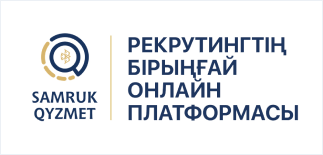ENVIRONMENTAL PROTECTION
- Main Page
- About Company
- Environmental Protection
Environmental Protection
To reinforce the shoreline against landslides and prevent contamination of the Caspian Sea, the company utilizes stepped steel constructions filled with a specific material, known as "Reno mattresses." An 8.6 km defensive dam is being strengthened at the NGDU Zhylyoymunaigas Teren-Uzek and Zapadnaya Prorva mines. As part of the industrial environmental management program, seven control stations monitor the quality of seawater and seabed deposits annually. These stations also assess the condition of sea wells weekly, collect samples quarterly, and issue inspection certificates.
Each year, the company makes significant investments to mitigate the environmental impact of production activities, spending over KZT 17.2 billion in the last three years. To conduct annual environmental monitoring of air, underground and surface water, soil, and radiation, the company relies on both internal environmental laboratories and independent specialized organizations with the necessary permits and licenses. Monitoring includes observing flood-prone and flooded wells to assess their impact on the Caspian Sea environment.
To eliminate sources of radioactive contamination, the company annually collects radioactive materials (such as tubing and scrap of various diameters) from field locations for storage at a temporary radioactive waste storage facility. The company is actively exploring and testing new technologies to decontaminate tubes and equipment. Soil pollution is a known issue when downhole equipment is repaired near wells. To prevent contamination, wellhead sites with sewers are being constructed at fields, along with other preventative measures. The company consistently works to treat, reclaim, and repair damaged sites to address historical contamination. Ongoing efforts include acquiring an efficient and environmentally friendly waste treatment unit and implementing new technologies for reclaiming and restoring oil-contaminated lands. The latest techniques and technologies are also being explored.






